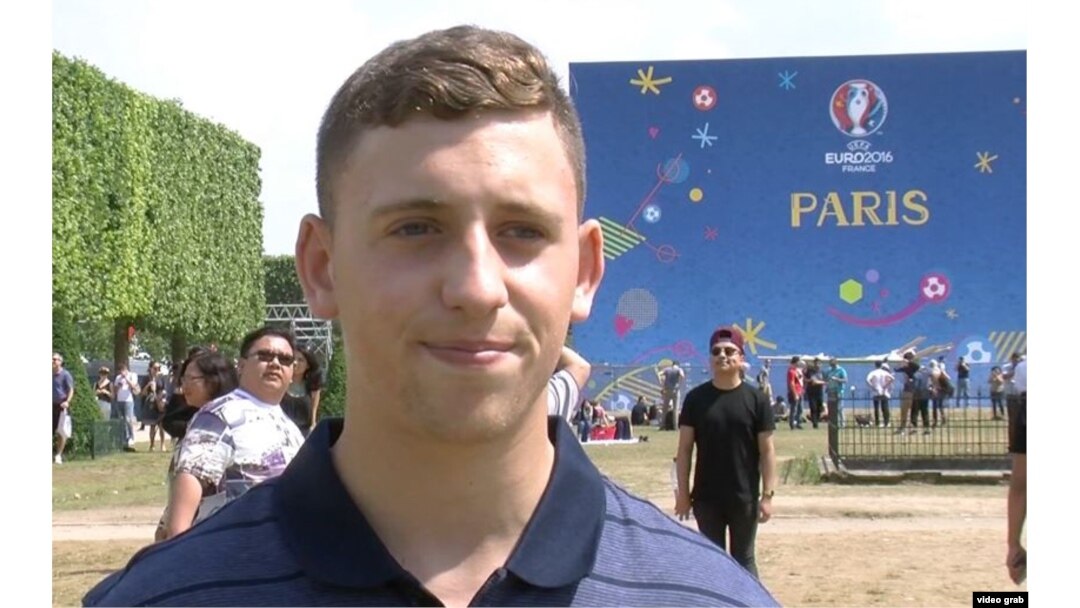The floodwaters are receding and sunbathers are back in Paris parks, but the Seine River still laps over arteries that normally host cars and skateboarders.
Strikes over unpopular labor reforms have disrupted rail, fuel and garbage services, while authorities are on high alert over terrorist fears.
In some ways, the monthlong UEFA European football Championship that kicks off Friday could not be happening at a worse time.
Yet as some wring their hands as France prepares to host Euro 2016 with 24 teams playing 51 games in 10 cities and towns around the country, others suggest the drama over the country’s spate of disasters — both natural and man made — is overblown.
“All the plagues striking France — the floods, the strikes, the terrorist threats — I think they are a bit overhyped,” says economist Tomasz Michalski, of the HEC business school in Paris. “I doubt they’ll have a major impact on the competition itself. But they may have spooked a lot of people from coming.”
Tourist unfazed
France’s ills certainly haven’t fazed New Jersey tourist Michael Morales, who pauses to snap selfies with friends at the Eiffel Tower.

France’s ills certainly haven’t fazed New Jersey tourist Michael Morales, who paused to snap selfies with friends at the Eiffel Tower.
“Honestly, I haven’t seen much flooding,” Morales says. “Everything is beautiful. The town is still running. I’m having a great time.”
The swathe of grass where he is standing will soon be transformed into a fan zone, where tens of thousands will be able to watch the matches — pitting teams from 24 countries — on giant screens.
But Morales will count among those attending the opening game Friday night between France and Romania at the Stade de France, one of the targets of November’s terrorist attacks in Paris that killed 130 people.
“I’m not worried at all,” he says. “There’s bumped up security. You see a lot of military walking around.”
Roughly 90,000 police, gendarmes and soldiers are being deployed across the country to guard stadiums and fan zones, and the government has extended the state of emergency, put in place after November's attacks, through July. Authorities have also rolled out a new mobile phone app to alert the public of potential attacks.
General view of the soccer fan zone on the Champ de Mars near the Eiffel Tower in Paris.
Those concerns intensified this week when Ukrainian authorities announced they had arrested a Frenchman plotting to attack the games. The United States and Britain have also issued terror warnings.
“This threat exists,” French President Francois Hollande said on French radio. “But we must not be daunted. We must do everything to ensure Euro 2016 is a success.”
'Keep on living'
Museum worker Steeve Nzala, eating a picnic lunch on a sun-washed park bench, is philosophical.
“We have to think about the threat, but we have to keep on living,” Nzala says.
More prosaic problems — notably an unpopular proposed new labor law — also threaten to disrupt the games. With fans expected to fly in from all parts of Europe and travel to games around the country, Air France pilots have announced a four-day strike starting Saturday, joining picketing rail workers.
The CGT labor union has spearheaded the most stubborn walkouts and threatens a general strike on Tuesday as the Senate takes up the labor bill. Garbage lies uncollected in some Paris neighborhoods, and drivers fear new fuel shortages.
Lyon resident Tawfik Naaji.
“French are known for striking and complaining,” says Tawfik Naaji, whose train from Lyon to Paris was delayed twice. “They wait for big world events to make a stance so the government pays attention to them.”
The strike action poses new challenges to Hollande’s already deeply unpopular government. On Monday, Economy Minister Emmanuel Macron was pelted with eggs in the Paris suburb of Montreuil.
Ongoing strikes
While many French oppose the labor reforms, a new BVA poll shows public opinion has tilted against ongoing strikes.
Still, Naaji is sympathetic to those picketing. “I’m for free expression,” he says, “and the government hasn’t really given the public a say.”
Either way, his Euro 2016 plans are unlikely to be affected; Naaji is planning to stay at home and watch the games on TV.
“I might back England or Portugal,” he says with a laugh. “Not France.”

